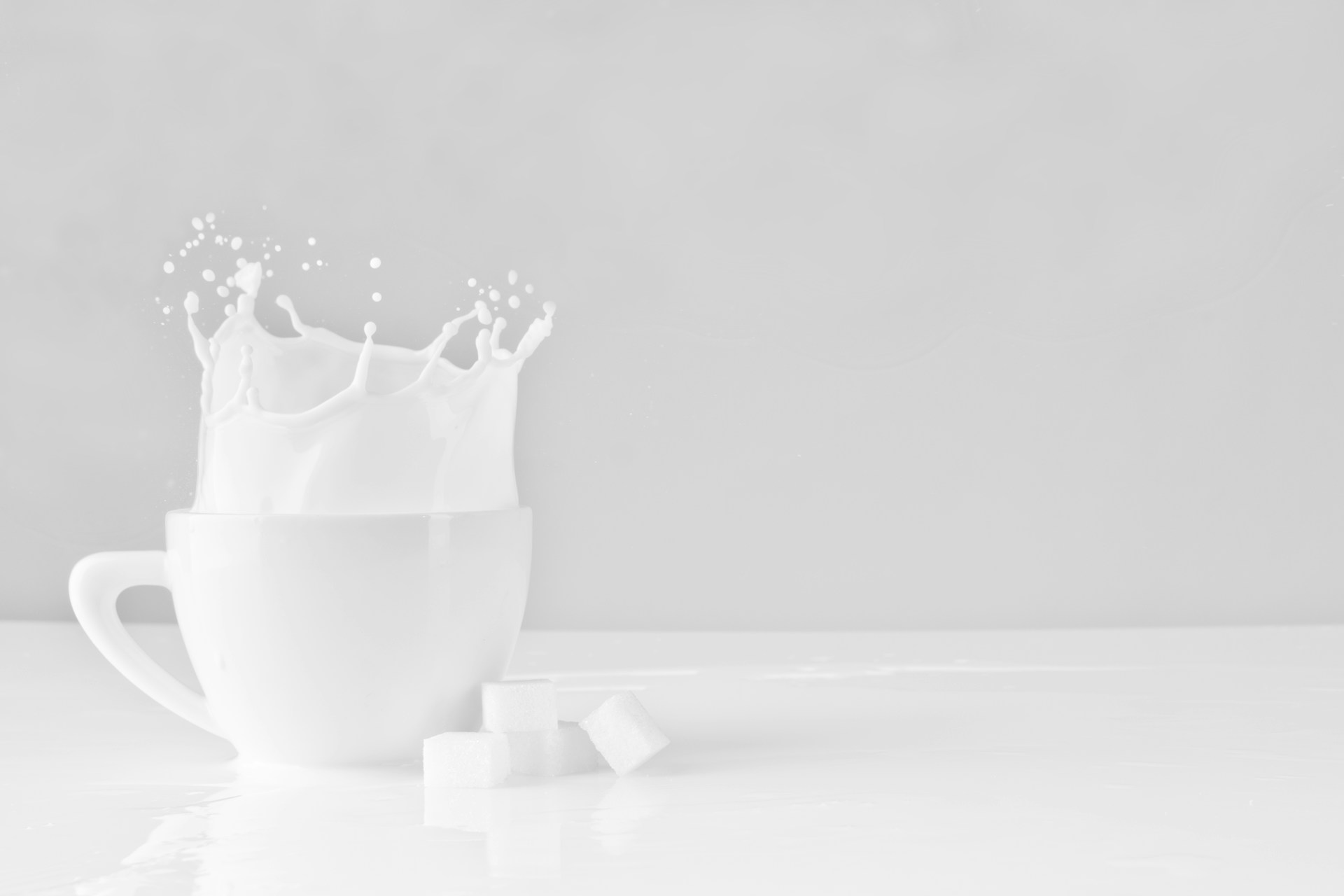China Considers Retaliatory Tariffs on EU Dairy Products
Yesterday, the European Commission announced the planned additional tariffs on electric vehicles (EVs) imported from China. In response, Beijing promptly declared its intention to scrutinize European Union (EU) dairy products. The Chinese Ministry of Commerce has initiated an investigation into whether similar measures could be applied to EU dairy imports as a counteraction to the EU’s tariffs.
This investigation, termed an “anti-subsidy investigation” by the Chinese Ministry, is expected to last for a year, concluding on August 21, 2025. Among the products under review are fresh and processed cheese. Notably, Germany exports significant quantities of dairy products, including milk, to China. According to EU statistics, the total value of EU dairy exports to China amounted to €1.7 billion last year, marking a decrease from €2.1 billion in 2022.
Additional Tariffs of Up to 36.3% Proposed
The Ministry’s announcement followed just a day after the European Commission released its final draft for additional tariffs on Chinese EVs. These tariffs are tiered based on the manufacturer, ranging from 9% for Tesla vehicles to a maximum of 36.3% for cars produced by the state-owned Chinese manufacturer SAIC. The EU is expected to make a final decision on the tariffs by the end of October, with the tariffs set to remain in effect for the next five years. No retroactive tariffs will be imposed, as the Commission has determined that there is no legal basis for such action.
Beijing has criticized the EU’s decision, claiming that Brussels has not fully considered China’s position and is insisting on what China perceives as an incorrect approach. The China Association of Automobile Manufacturers, as reported by state broadcaster CCTV, expressed strong opposition to the EU’s proposed high tariffs on Chinese-made EVs. The association warned that the decision poses significant risks and uncertainties for Chinese businesses operating in the EU.
Months-Long Dispute Over Tariffs
The European Union and China have been embroiled in a months-long dispute over additional tariffs on Chinese-made EVs. The EU accuses China of creating overcapacity through anti-competitive subsidies and flooding the European market with cheap EVs. China has denied these allegations and took the matter to the World Trade Organization (WTO) last week.
This is not the first time China has investigated EU imports. In January, the Chinese Ministry of Commerce launched an investigation into EU spirits, primarily affecting French producers. In July, the Ministry announced a probe into EU pork and pork byproducts, a move that could significantly impact Spain, the leading exporter of these products to China.
Given the ongoing tensions, the EU was not surprised by China’s latest actions. The EU Chamber of Commerce expressed regret over the escalating tit-for-tat trade measures and urged for a fair and transparent investigation by China. The Chamber also encouraged its member companies affected by the probe to cooperate fully.









